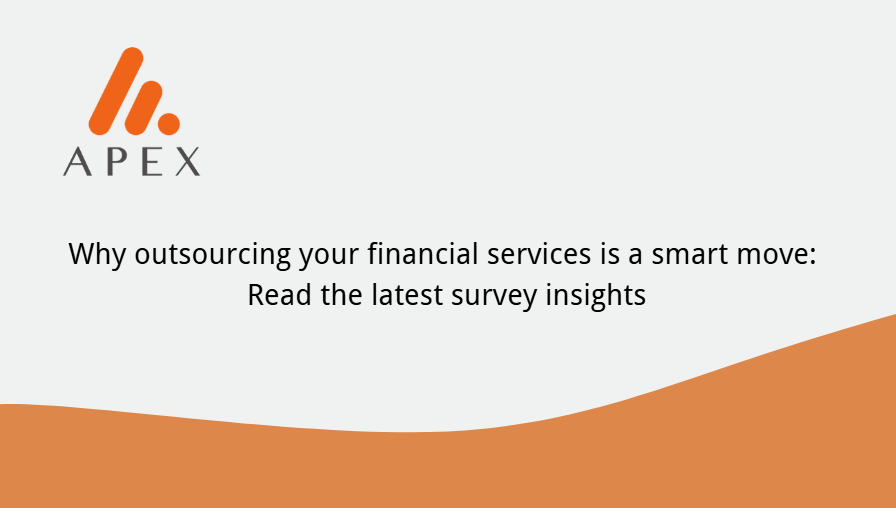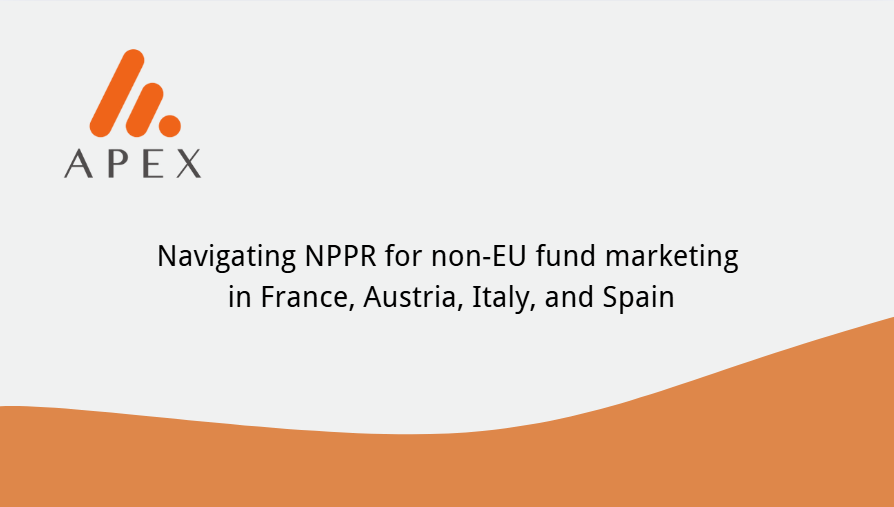Why the 'S' in ESG matters: Social responsibility in sustainable investing
When you hear the term ESG—environmental, social, and governance—what comes to mind? Most likely, you think of climate change, Greenhouse gas emissions reductions, or ethical governance practices. But how often do you stop and think about the ‘S’ in ESG—the social dimension? The ‘S’ often gets overshadowed by its more compelling counterparts, but it’s no less crucial. In fact, for businesses and investors alike, understanding and focusing on social factors can lead to stronger, more resilient companies, making it essential to sustainable investing.
What does the 'S' in ESG represent?
At its core, the ‘S’ in ESG refers to the social impact a company has on its employees, customers, and the communities where it operates. It covers a wide array of factors, from human rights and labour practices to diversity and inclusion, employee welfare, employee health and safety, and community engagement. Companies that are serious about ESG must take a close look at how they treat their people and society at large, not just how they manage their environmental footprint or corporate governance.
For example, companies with strong social policies tend to have higher employee satisfaction, lower turnover rates, and more loyal customers. On the other hand, those that neglect social issues can face increased turnover and absenteeism rates, reputational risks, regulatory fines, or even boycotts, as consumers and investors increasingly demand socially responsible business practices.
Why is social responsibility critical for business success?
You might wonder why the social aspect of ESG is so important in a profit-driven business world. The answer lies in both risk mitigation and value creation. Ignoring social factors exposes companies to significant risks, ranging from labour strikes and legal challenges to absenteeism, lower customer satisfaction, and reputational damage that can deter customers and investors. By contrast, focusing on social responsibility can offer tangible benefits, including:
·Enhanced reputation: Companies that focus on social good often enjoy a stronger brand image and greater trust from consumers and investors.
·Employee engagement: Fair wages, safe working conditions, and opportunities for growth can lead to higher productivity and retention. In fact, businesses with strong social commitments tend to outperform peers in employee satisfaction (McKinsey & Company, 2024).
·Customer loyalty: Today’s consumers are increasingly socially conscious, seeking out brands that align with their values. A commitment to social issues like human rights, diversity, and community engagement can translate into stronger customer loyalty and long-term profitability.
Challenges in measuring the 'S'
One of the biggest hurdles in addressing the ‘S’ in ESG is measurement. Unlike environmental factors, which can now be tracked with quantifiable data (such as carbon emissions), social factors are often more qualitative. How do you effectively measure employee satisfaction, community impact, or diversity? This lack of consistency makes it difficult for investors to assess a company's social performance accurately.
However, there's growing momentum to address this issue. Initiatives like the Global Reporting Initiative, the Sustainability Accounting Standards Board, and the ESG Data Convergence Initiative are working to develop frameworks that provide clear, consistent reporting on social factors. These initiatives aim to help investors make informed decisions by offering more transparency and comparability.
Key social factors to consider
To understand the ‘S’ in ESG more clearly, let's break it down into some key areas:
·Labour practices: This includes fair wages, safe working conditions, and respect for employee rights. Companies that focus on their workforce not only foster loyalty and productivity but also reduce the risk of labour disputes.
·Diversity and inclusion: A diverse workforce is more innovative, adaptable, and able to bring fresh perspectives to problem-solving. Companies that embrace diversity tend to make better decisions and are more resilient in the face of challenges.
·Human rights: Respecting human rights, both within the company and across the supply chain, is not only a moral obligation but also a key driver of long-term business success. Companies that uphold ethical practices build trust, strengthen their reputation, and foster sustainable growth.
·Community engagement: How a company interacts with the communities in which it operates can have a lasting impact. Investing in local communities, whether through philanthropy, job creation, or sustainable development projects, can foster long-term support and goodwill.
The business case for the ‘S’ in ESG
Incorporating social factors into your business strategy isn't just about doing the right thing; it makes good business sense. Companies that excel in social responsibility often outperform their peers in the long term. They are better equipped to navigate social and economic changes, making them more resilient in the face of crises.
Moreover, socially responsible companies are more likely to attract and retain top talent. Employees today want to work for businesses that align with their values, particularly when it comes to social issues like diversity, equity, and inclusion. A company's commitment to social responsibility can be a key differentiator in a competitive job market.
Final thoughts
The ‘S’ in ESG is not just a box to tick on a sustainability report; it's a critical component of building a resilient, successful business. By focusing on social factors, you can mitigate risks, enhance your reputation, and drive long-term value. In an age where consumers and investors are more socially conscious than ever, businesses that prioritise the ‘S’ in ESG will likely lead the way into a more sustainable future.
So, as you evaluate a company's ESG performance, don't overlook the social dimension—it might just be the key to unlocking lasting success.
How can we help?
We offer the broadest range of ESG and sustainability services in private markets and verify all ESG data that we collect, giving us the most accurate ESG benchmark database. Our ESG software and deep advisory knowledge ensures we can support investors, managers, and companies at each stage of the investment lifecycle.
Our services include:
·Investment strategies - including impact strategies
·ESG policy and implementation
·Global ESG regulatory compliance
·Digital investor and company ESG assessments
·Carbon measurement and reduction pathways
·Nature-based solutions
·Supply chain and circular economy
·Sustainability improvement roadmaps
Contact our team for further information.























































First, please LoginComment After ~